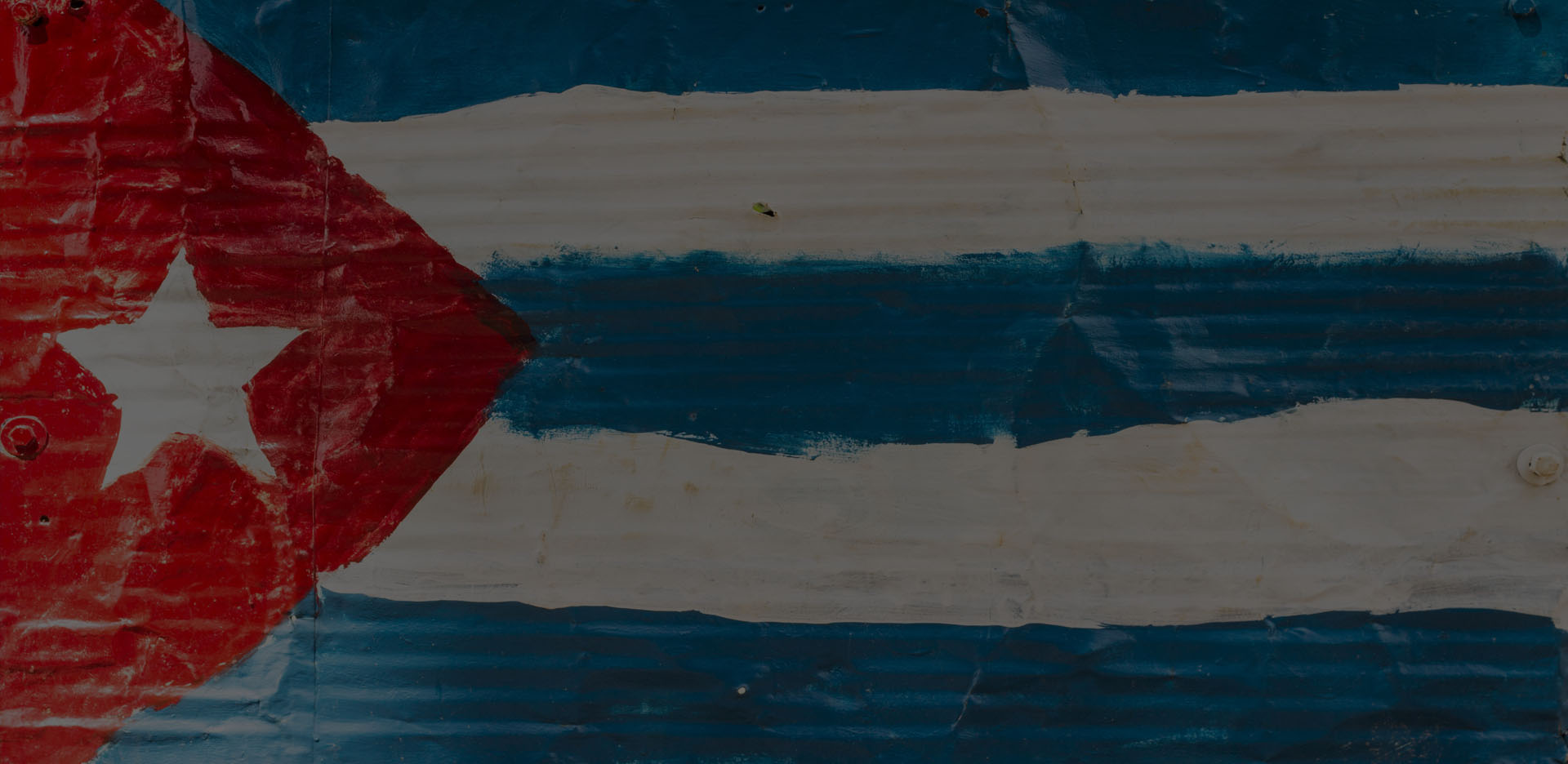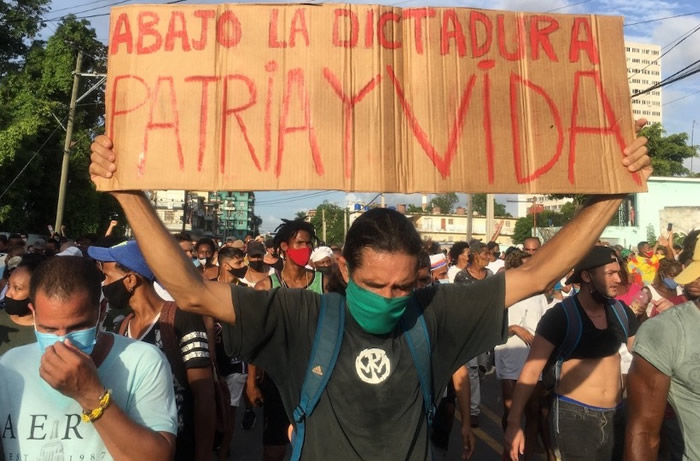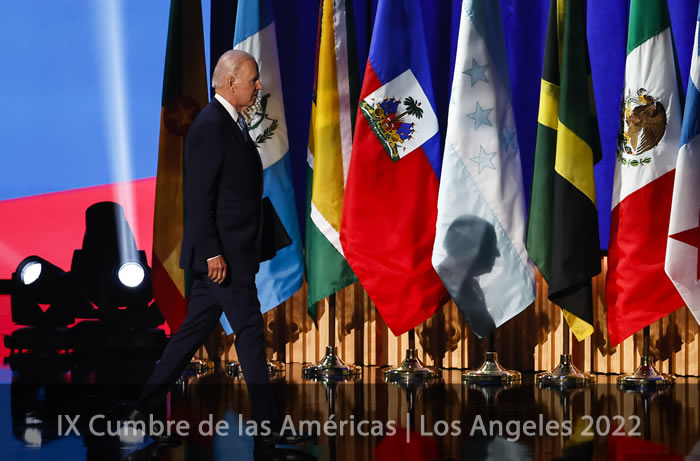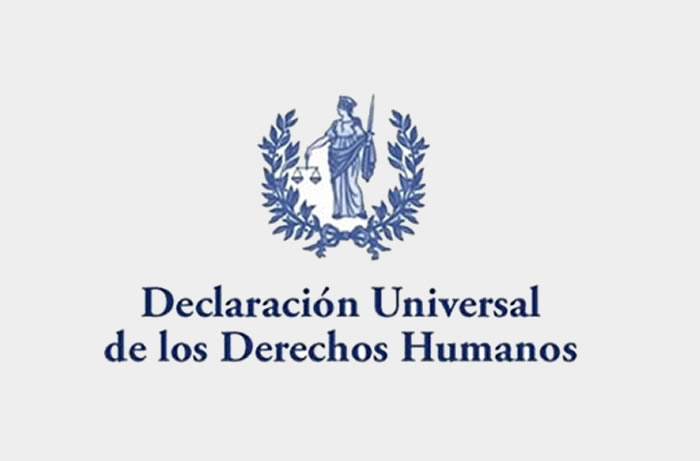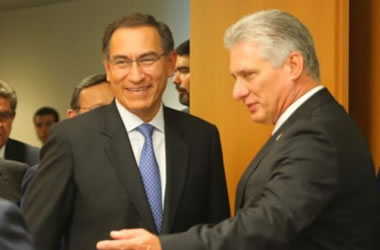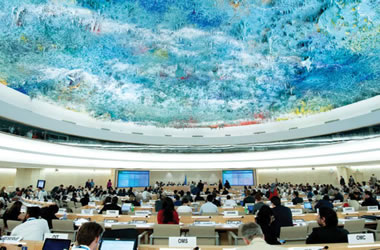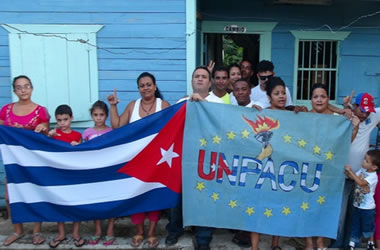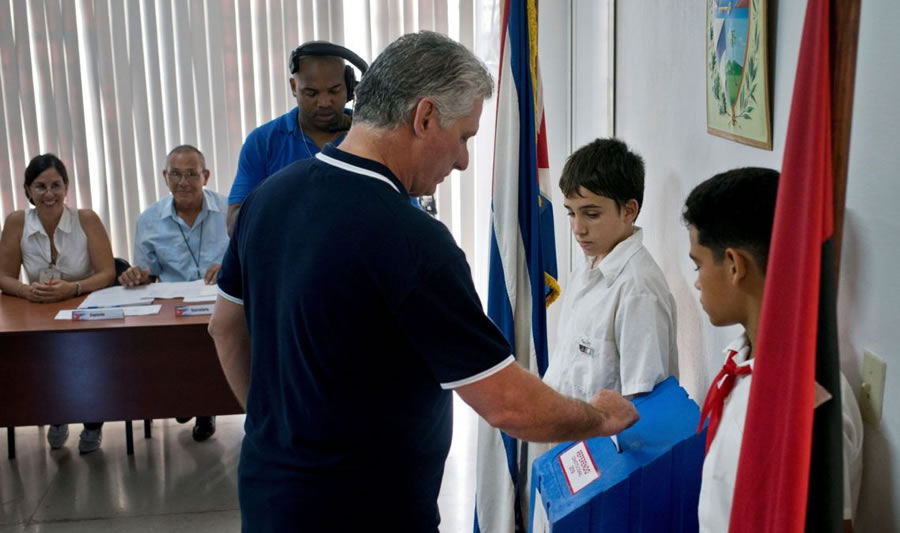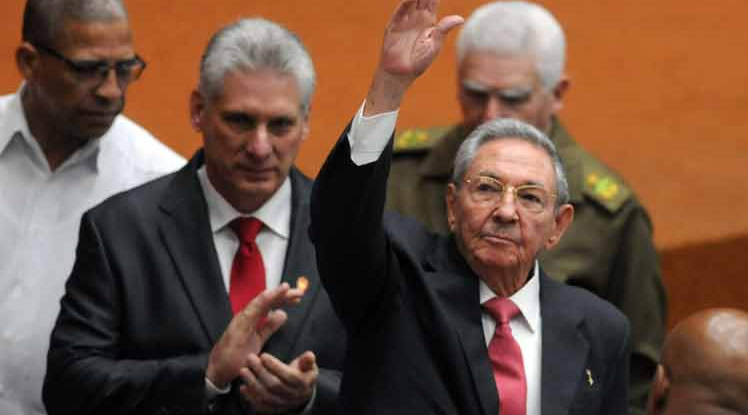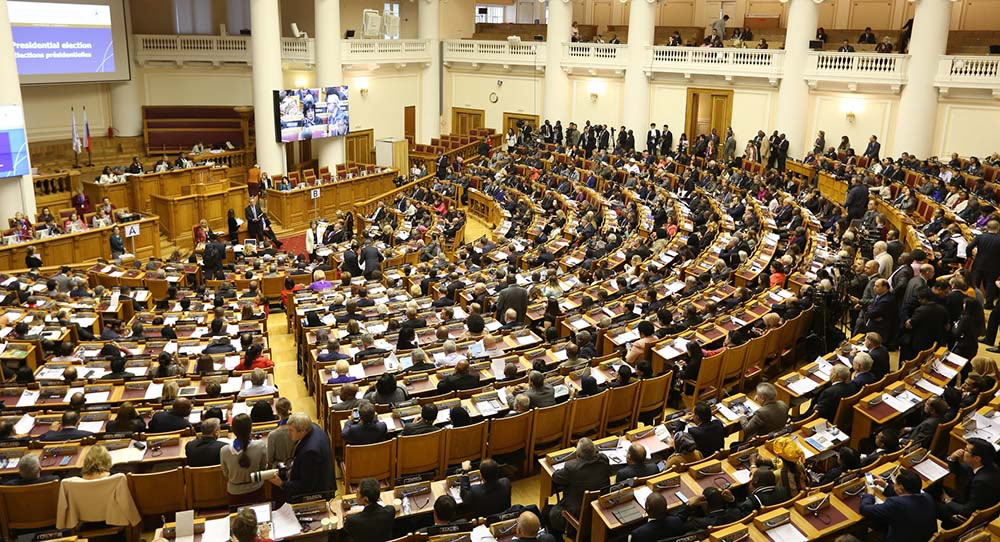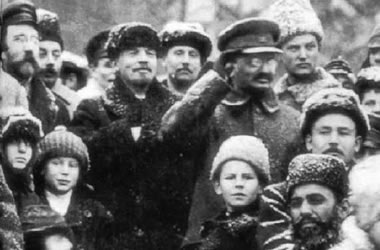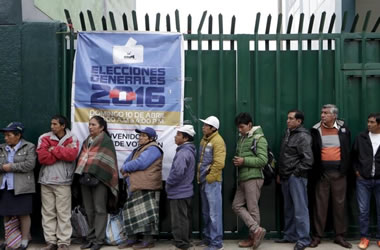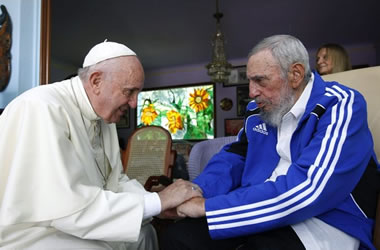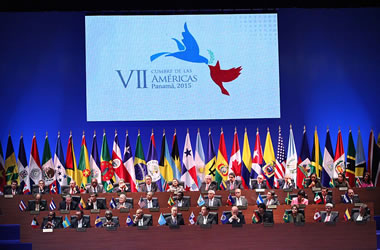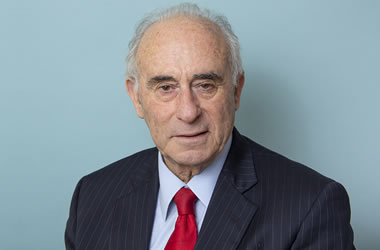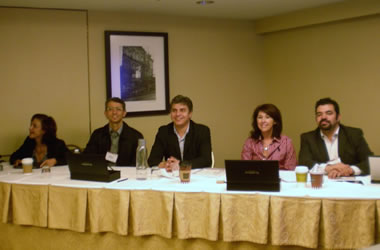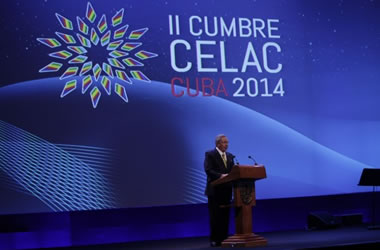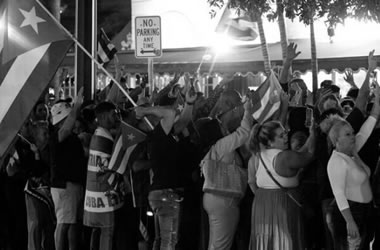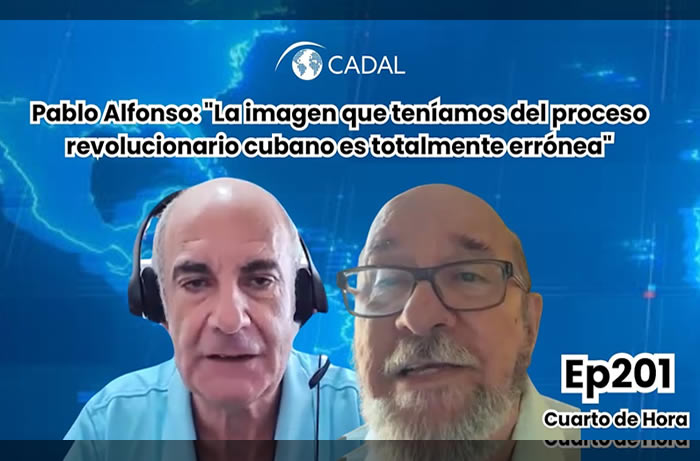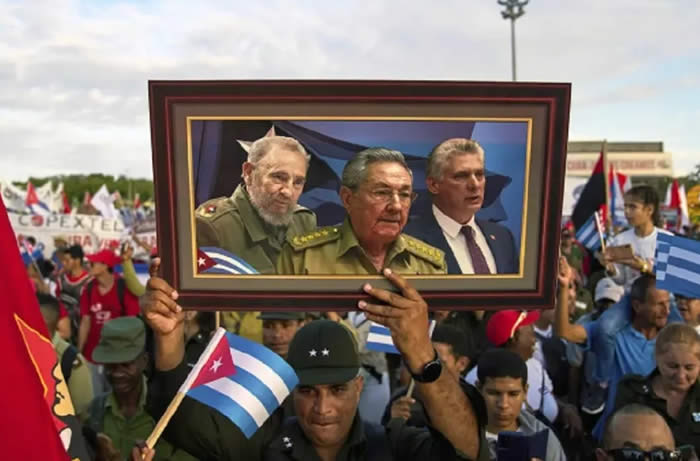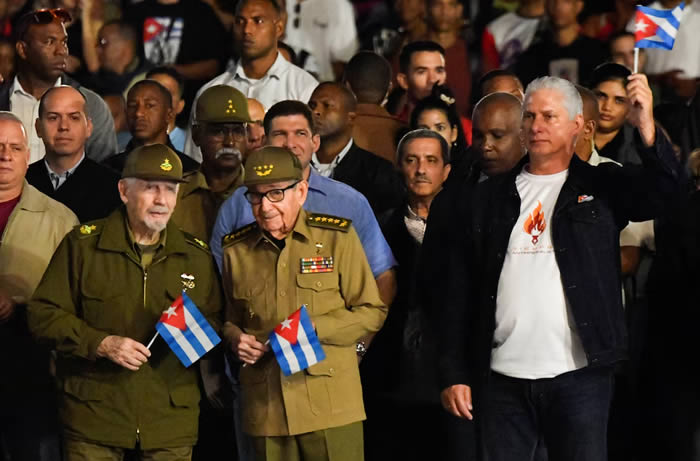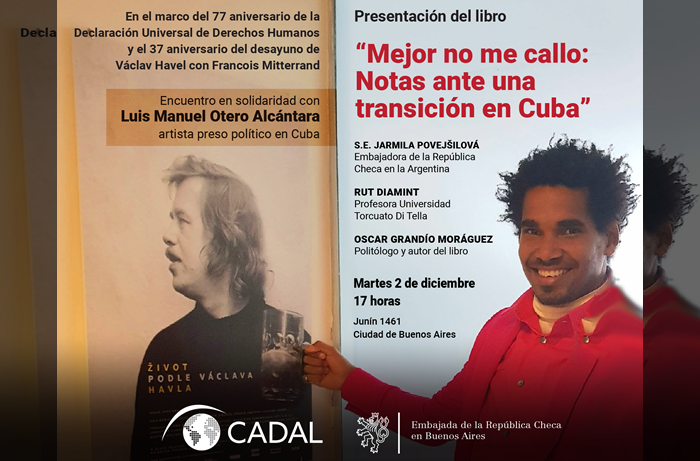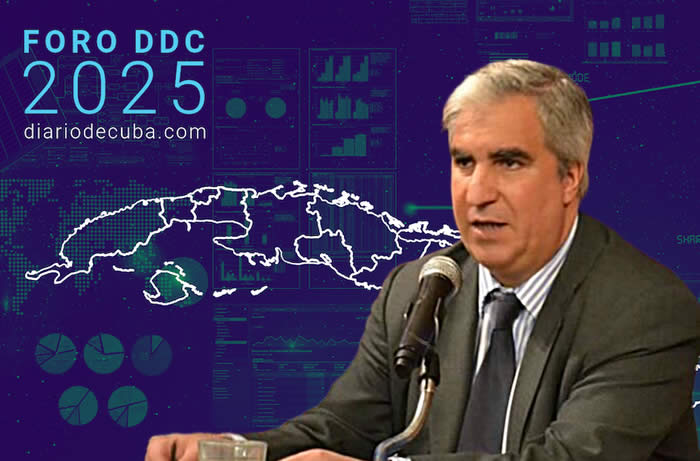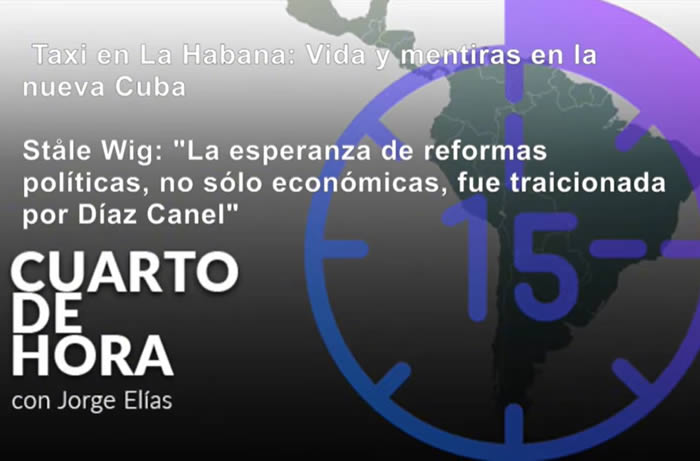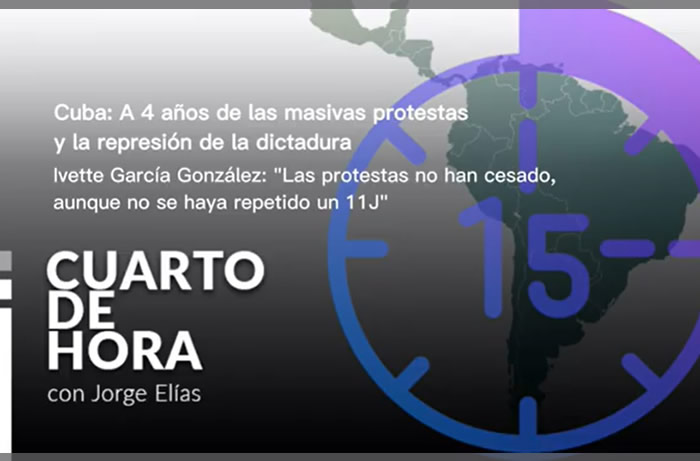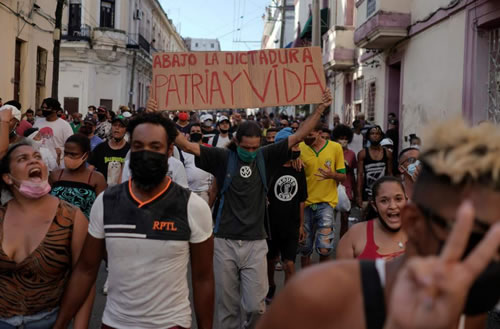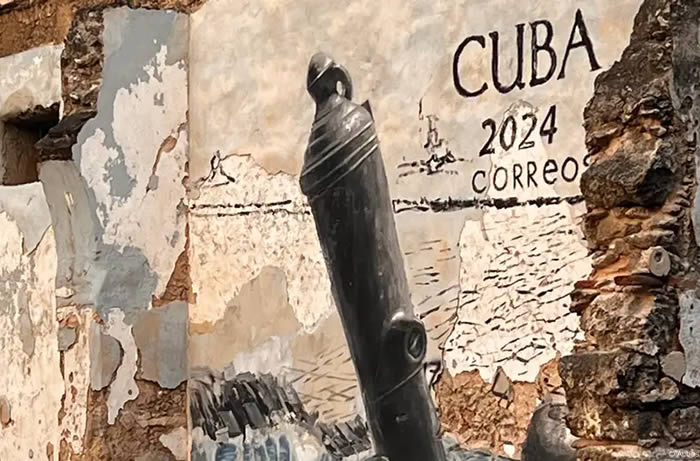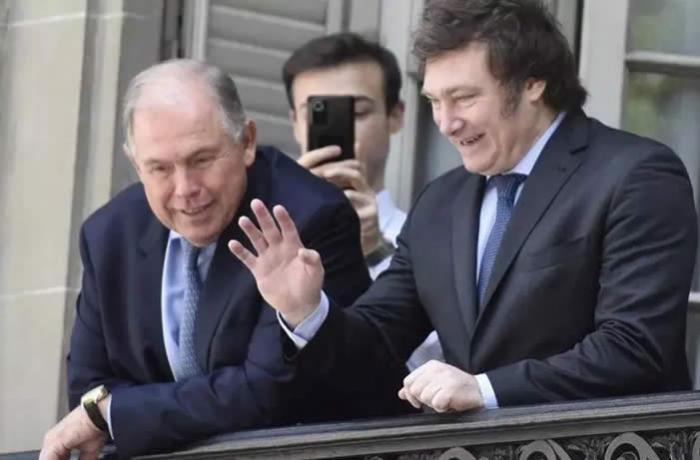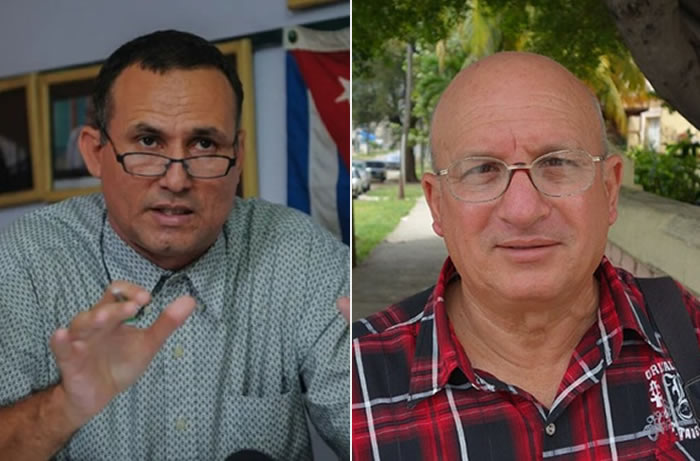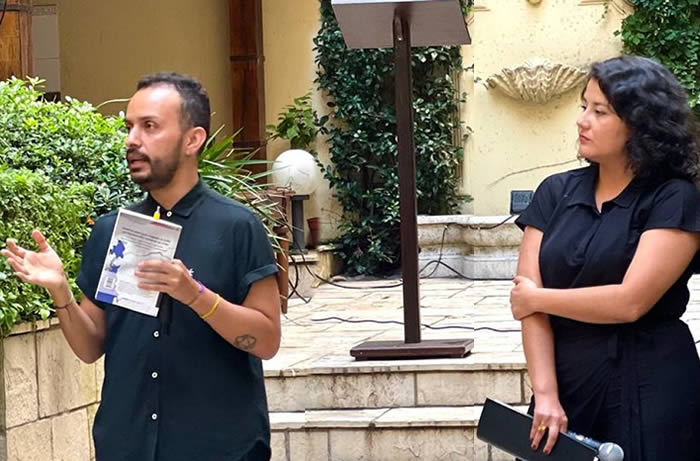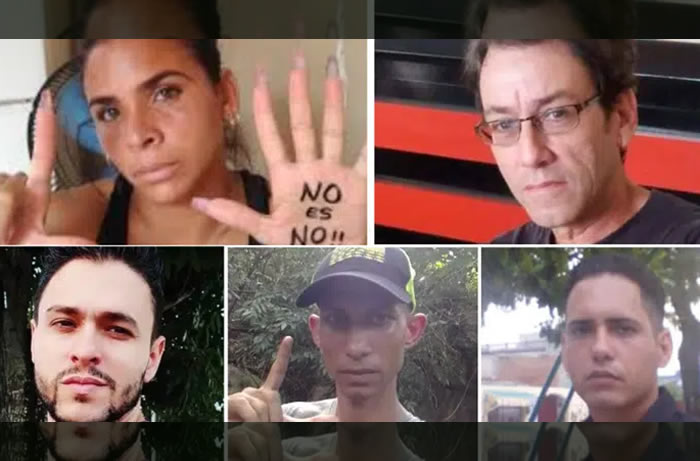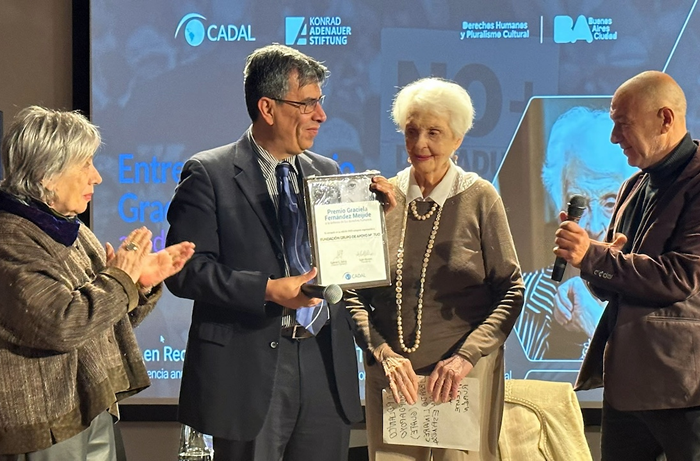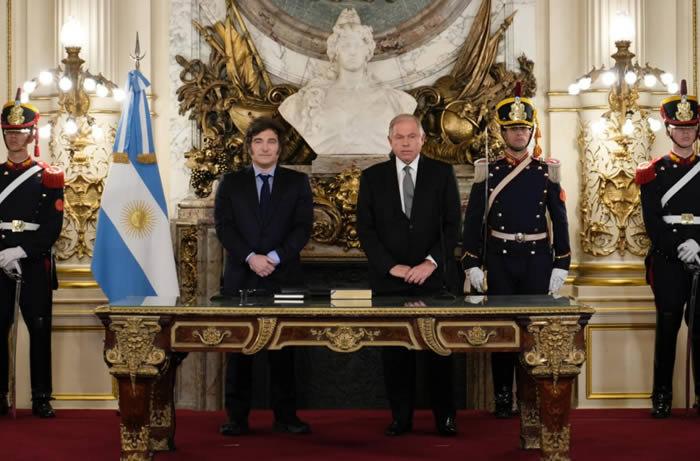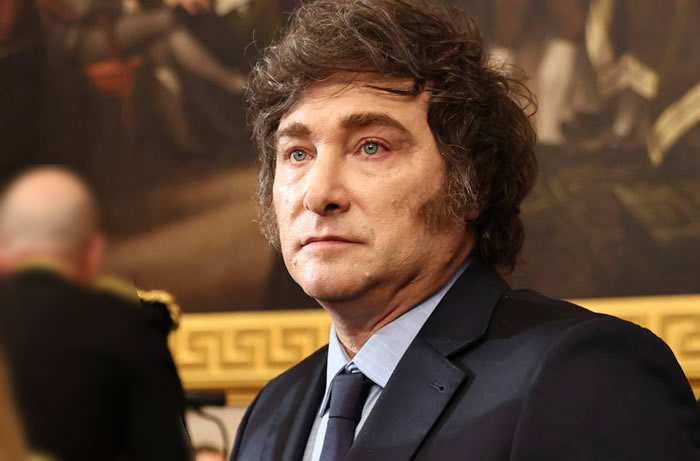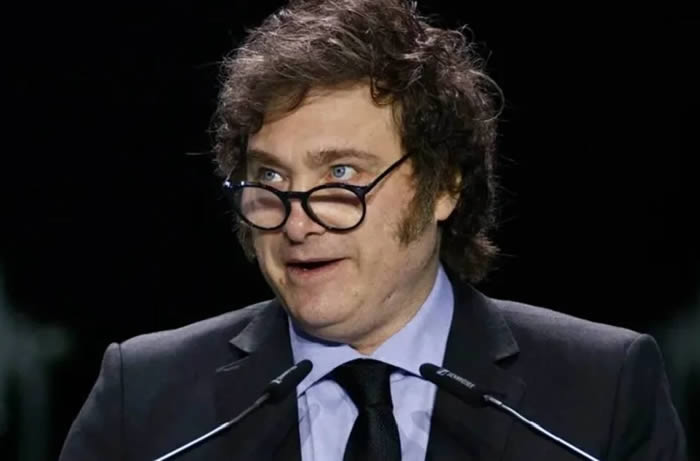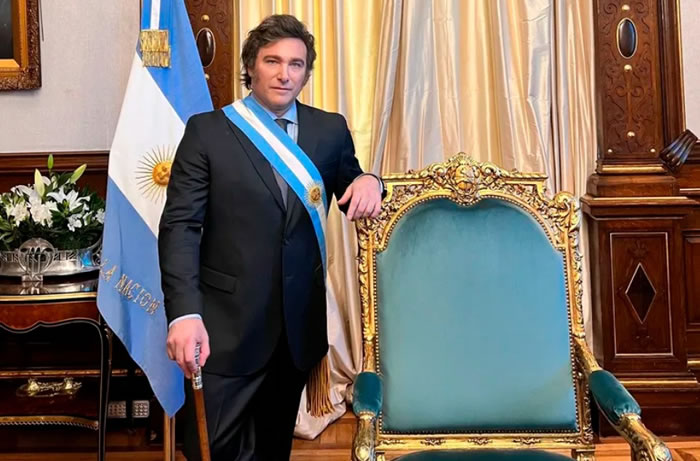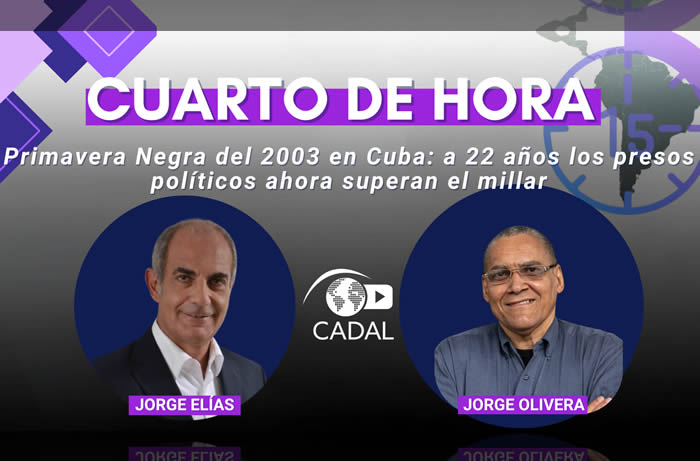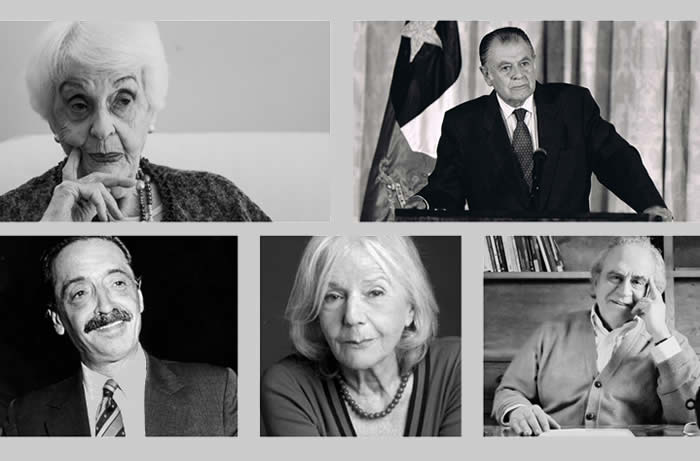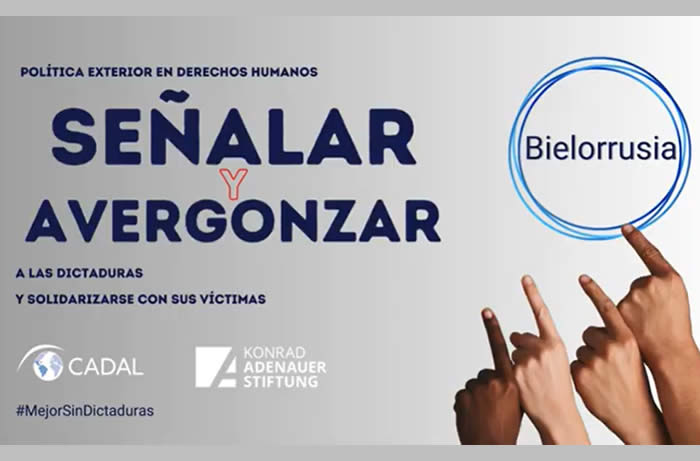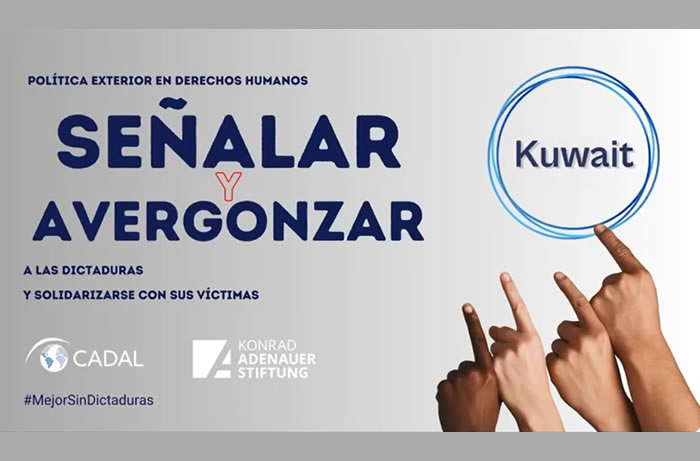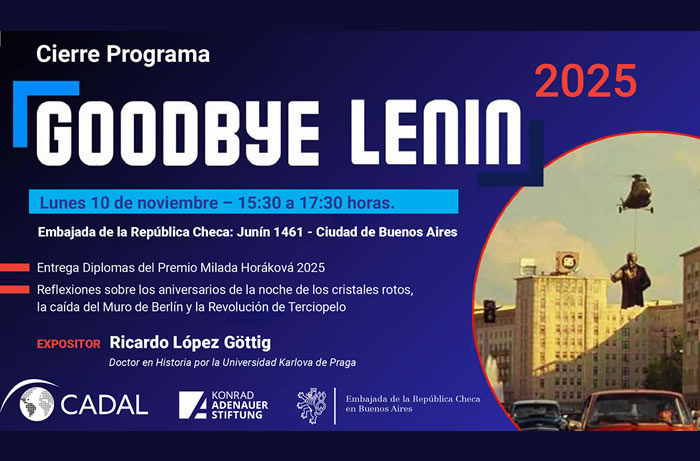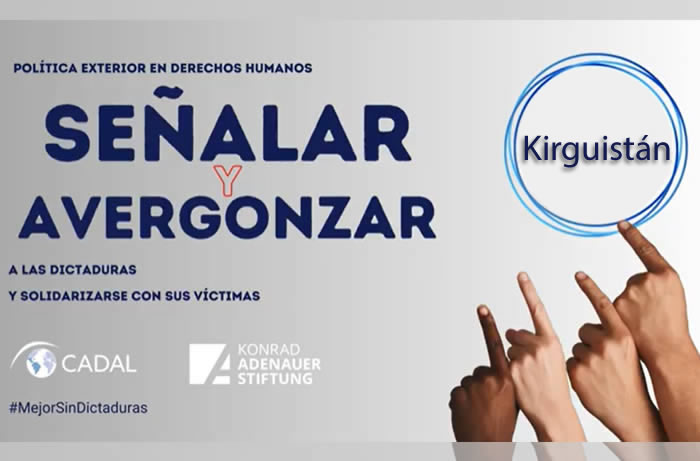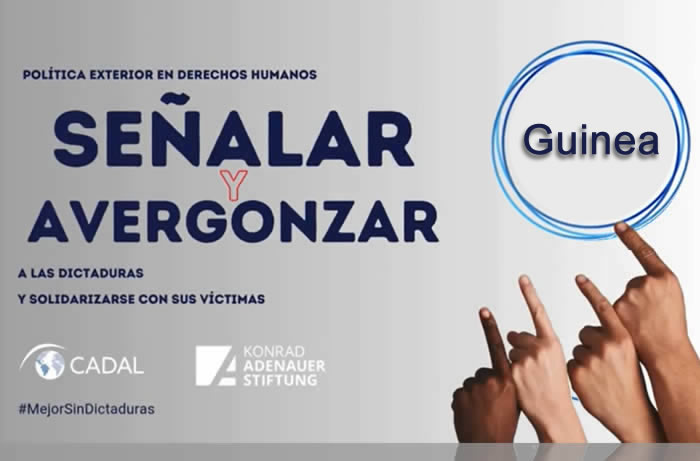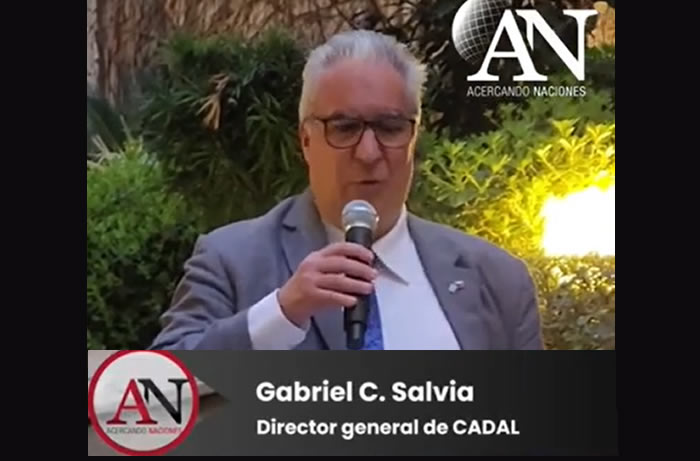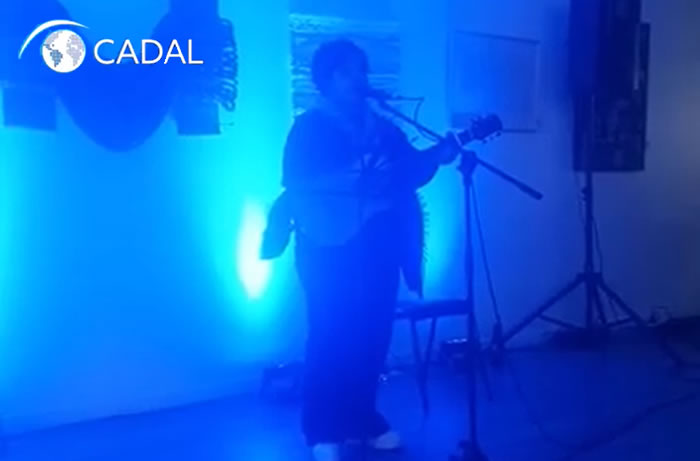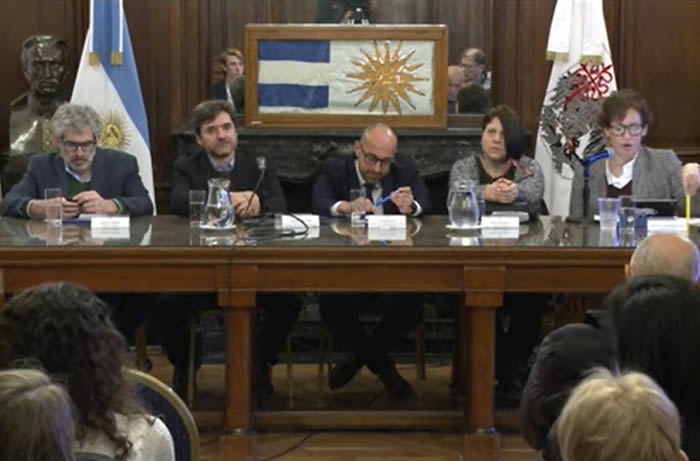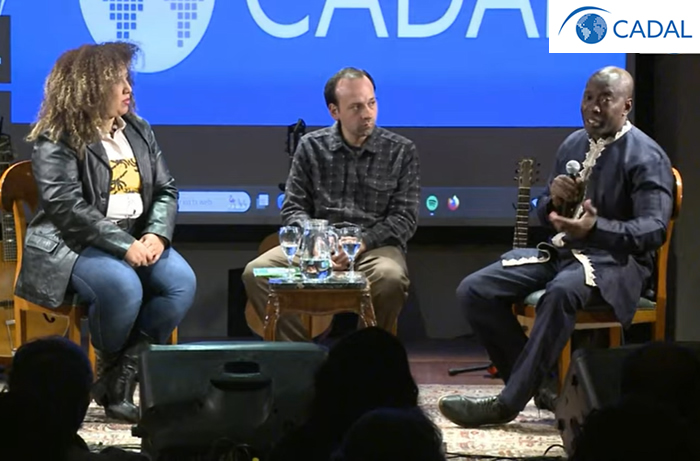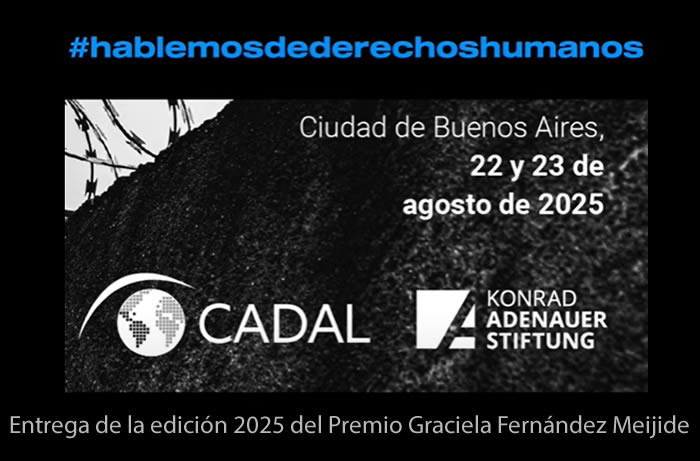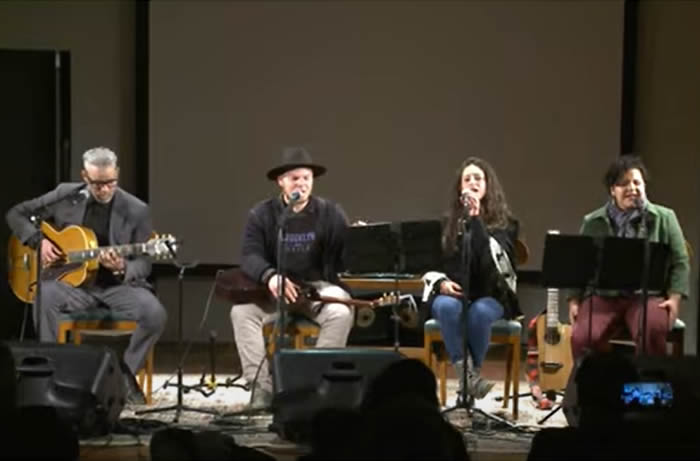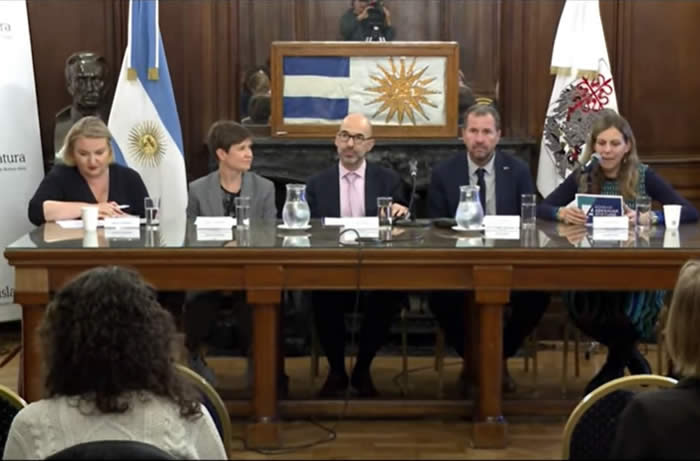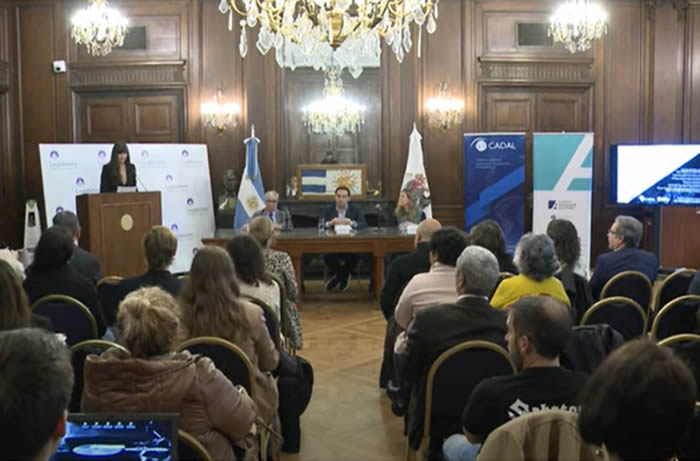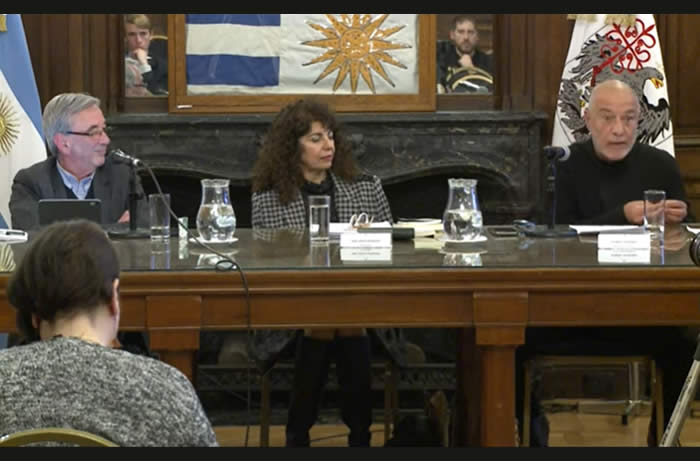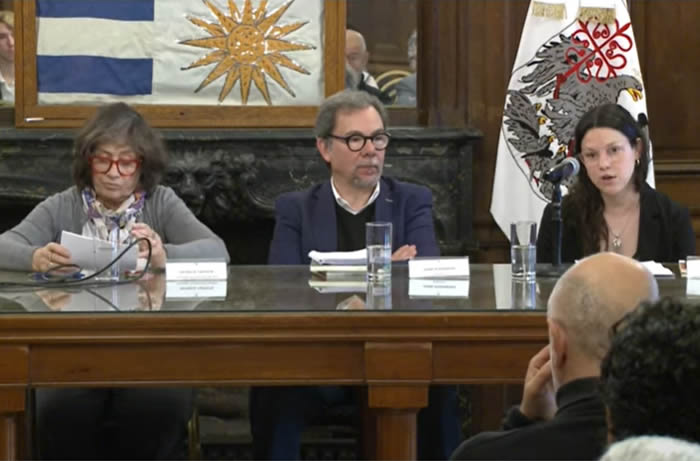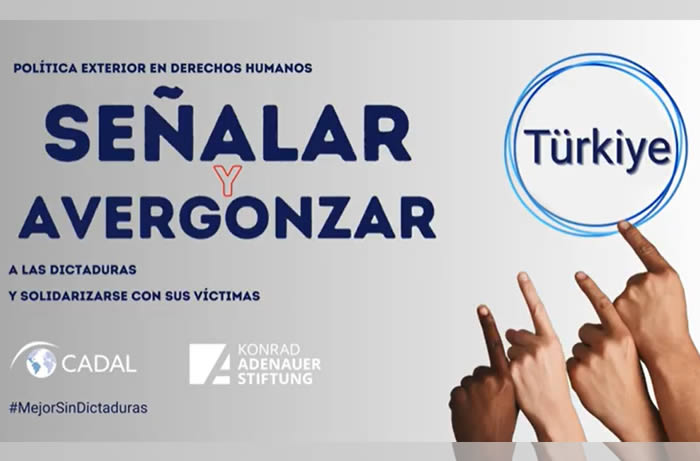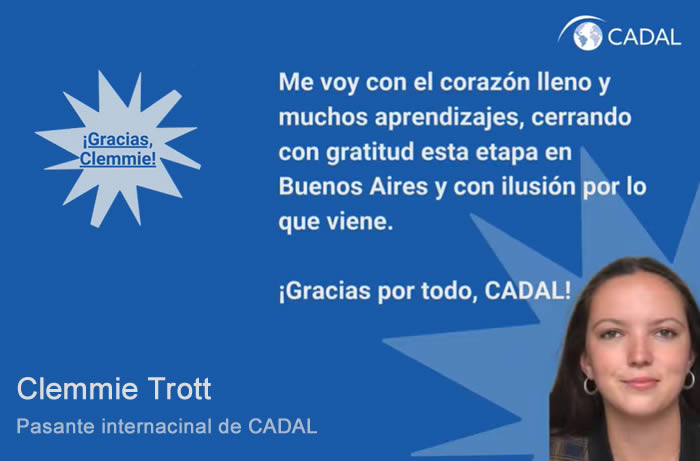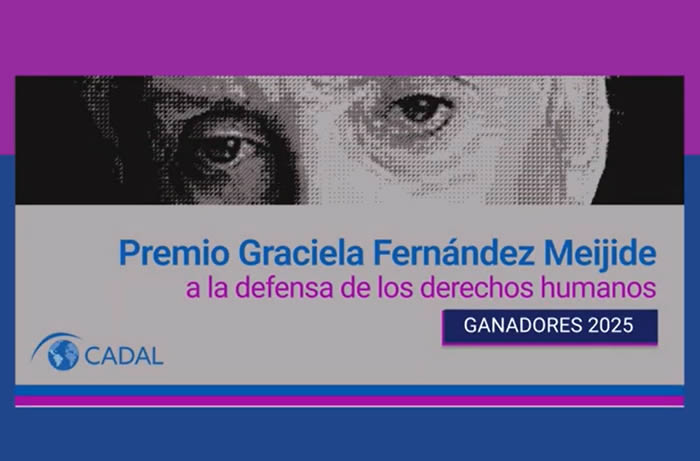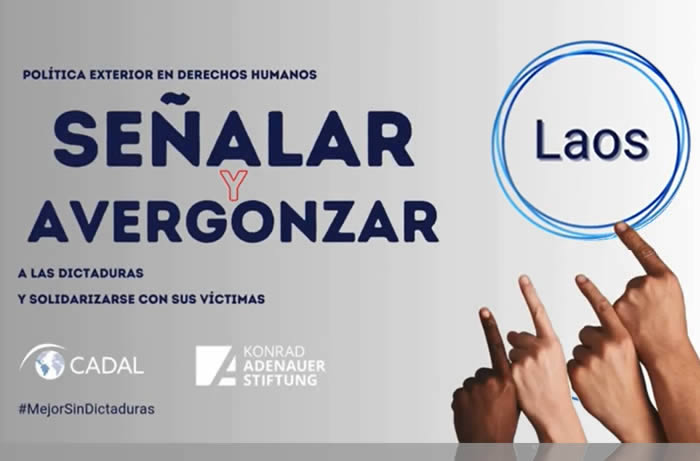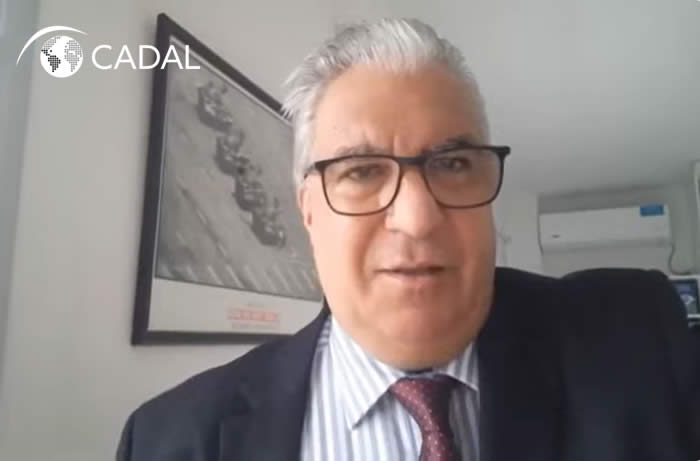Diálogo Latino Cubano
Promoción de la Apertura Política en Cuba
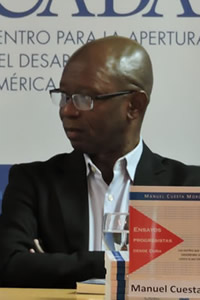 20-05-2014
20-05-2014Why am I not at LASA?
Because I organized a panel for LASA 2014 titled “Cuba: The Memory of Democracy,” my country’s government remembered I am an “enemy of international peace” and subjects me, once again, to a Cautionary Measure that had been suspended a month earlier.Por Manuel Cuesta Morúa
My country, Cuba, insists on not being normal. For example, it is the country that has had the highest number of representatives at LASA conferences, and also the country with the fewest pluralistic debates. It is also the country that inspires the most passion in the Western hemisphere, but the one that least tolerates all the diverse passions that exist within its boundaries. As it was commonly said in Latin America years ago, the law only exists for one’s enemies.
These are the three reasons I cannot participate in this year’s LASA conference. Last year was the last year that official Cuba was able to monopolize the boundaries of discussions about Cuba, from Cuba, in an event of this magnitude. In 2013, I was able to participate for the first time in this prestigious encounter of ideas, with two other dear colleagues. It was an opportunity to reveal (also for the first time) the existence of independent thinking—which is often critical—within Cuba—and make it known in the very same space that had for years had been considered the province of only official thinking. It seemed that the government had begun to accept normalcy, at least as far as a conversation among different Cubans all living in the same national space was concerned. Yet, its intolerance before the civilized encounter of differing passions within Cuba can be explained it was considered a threat, a way of promoting a right to difference, that is, a step towards normalcy.
As a result, what the government does is use the law, abusively.
Which law? The one that stems from power, not authority. On January 26th, 2014, I was arrested for trying to organize an Alternative Forum to the Second CELAC Summit. Why this Alternative Forum? To be able to talk about the Constitutive Declaration of that sub-hemispheric space that brings together Heads of State from Latin America and the Caribbean, as would be the case with any summit anywhere around the world. What does the CELAC Constitutive Declaration say? Well, that all Latin American and Caribbean citizens have the fundamental rights we should have and States are obliged to protect. All except the Cuban State. It was on account of this exception to the rule in the Americas that I was held in a cell for four days. For four days I was interrogated. After I was freed, the State imposed a Cautionary Measure on me that stipulated I had to present myself every Tuesday at a police station, to sign in, till the day of my presumed trial. I was arrested for defending what my country’s government is supposedly defending; the State used an old-fashioned, Stalin-like accusation to do this: “Spreading False News against International Peace”, according to Article 115 of the Penal Code, This Article attempts to discipline opinion via the last, Soviet-style Constitution in the world: the Cuban Constitution of 1976. The authorities say that my numerous texts and essays about Cuba’s reality, essentially about racism, threaten world peace.
No one who went to LASA to talk about Memory and Democracy could support such an incredibly ridiculous pretext. Precisely because I organized a panel for LASA 2014 titled “Cuba: The Memory of Democracy,” my country’s government remembered I am an “enemy of international peace” and subjects me, once again, to a Cautionary Measure that had been suspended a month earlier. On Tuesday, April 8th, I stopped signing form 378 at Havana’s Police Station #5, because I was informed that no further action had been taken (it had expired). On Wednesday, May 7th, I was ordered to report in, only to be told that the Cautionary Measure against me was being reinstated. Now I had to sign in on form 414 at the very same Station, exactly two weeks prior to the LASA meeting in Chicago, where so many Latin Americanists from this hemisphere are going to meet. This is an excellent example of a kind of power that goes out of its way to demonstrate that it is above the law.
Yet, I am not writing this testimony by way of a complaint. Ideas have consequences and one must accept them with resolve. My only desire here is to inform you about what continues to go on in my country, a situation that is hidden beneath the pro forma narrative the Cuban State uses to project our image, an image totally the opposite of what actually is true. What is important here is a precedent that uses legal, cautionary measures against people, something that could well be a prolongation of a more than fifty year-old suspension of rights in Cuba. It criminalizes ideas and initiatives that result from people thinking, having ideas, something that can only be accomplished via difference. Let us say that this is my warning to Academe.
Manuel Cuesta Morúa, Historian and political activist.
 Manuel Cuesta MorúaHistoriador, politólogo y ensayista. Portavoz del Partido Arco Progresista, Ha escrito numerosos ensayos y artículos, y publicado en varias revistas cubanas y extranjeras, además de participar en eventos nacionales e internacionales. En 2016 recibió el Premio Ion Ratiu que otorga el Woodrow Wilson Center.
Manuel Cuesta MorúaHistoriador, politólogo y ensayista. Portavoz del Partido Arco Progresista, Ha escrito numerosos ensayos y artículos, y publicado en varias revistas cubanas y extranjeras, además de participar en eventos nacionales e internacionales. En 2016 recibió el Premio Ion Ratiu que otorga el Woodrow Wilson Center.
My country, Cuba, insists on not being normal. For example, it is the country that has had the highest number of representatives at LASA conferences, and also the country with the fewest pluralistic debates. It is also the country that inspires the most passion in the Western hemisphere, but the one that least tolerates all the diverse passions that exist within its boundaries. As it was commonly said in Latin America years ago, the law only exists for one’s enemies.
These are the three reasons I cannot participate in this year’s LASA conference. Last year was the last year that official Cuba was able to monopolize the boundaries of discussions about Cuba, from Cuba, in an event of this magnitude. In 2013, I was able to participate for the first time in this prestigious encounter of ideas, with two other dear colleagues. It was an opportunity to reveal (also for the first time) the existence of independent thinking—which is often critical—within Cuba—and make it known in the very same space that had for years had been considered the province of only official thinking. It seemed that the government had begun to accept normalcy, at least as far as a conversation among different Cubans all living in the same national space was concerned. Yet, its intolerance before the civilized encounter of differing passions within Cuba can be explained it was considered a threat, a way of promoting a right to difference, that is, a step towards normalcy.
As a result, what the government does is use the law, abusively.
Which law? The one that stems from power, not authority. On January 26th, 2014, I was arrested for trying to organize an Alternative Forum to the Second CELAC Summit. Why this Alternative Forum? To be able to talk about the Constitutive Declaration of that sub-hemispheric space that brings together Heads of State from Latin America and the Caribbean, as would be the case with any summit anywhere around the world. What does the CELAC Constitutive Declaration say? Well, that all Latin American and Caribbean citizens have the fundamental rights we should have and States are obliged to protect. All except the Cuban State. It was on account of this exception to the rule in the Americas that I was held in a cell for four days. For four days I was interrogated. After I was freed, the State imposed a Cautionary Measure on me that stipulated I had to present myself every Tuesday at a police station, to sign in, till the day of my presumed trial. I was arrested for defending what my country’s government is supposedly defending; the State used an old-fashioned, Stalin-like accusation to do this: “Spreading False News against International Peace”, according to Article 115 of the Penal Code, This Article attempts to discipline opinion via the last, Soviet-style Constitution in the world: the Cuban Constitution of 1976. The authorities say that my numerous texts and essays about Cuba’s reality, essentially about racism, threaten world peace.
No one who went to LASA to talk about Memory and Democracy could support such an incredibly ridiculous pretext. Precisely because I organized a panel for LASA 2014 titled “Cuba: The Memory of Democracy,” my country’s government remembered I am an “enemy of international peace” and subjects me, once again, to a Cautionary Measure that had been suspended a month earlier. On Tuesday, April 8th, I stopped signing form 378 at Havana’s Police Station #5, because I was informed that no further action had been taken (it had expired). On Wednesday, May 7th, I was ordered to report in, only to be told that the Cautionary Measure against me was being reinstated. Now I had to sign in on form 414 at the very same Station, exactly two weeks prior to the LASA meeting in Chicago, where so many Latin Americanists from this hemisphere are going to meet. This is an excellent example of a kind of power that goes out of its way to demonstrate that it is above the law.
Yet, I am not writing this testimony by way of a complaint. Ideas have consequences and one must accept them with resolve. My only desire here is to inform you about what continues to go on in my country, a situation that is hidden beneath the pro forma narrative the Cuban State uses to project our image, an image totally the opposite of what actually is true. What is important here is a precedent that uses legal, cautionary measures against people, something that could well be a prolongation of a more than fifty year-old suspension of rights in Cuba. It criminalizes ideas and initiatives that result from people thinking, having ideas, something that can only be accomplished via difference. Let us say that this is my warning to Academe.
Manuel Cuesta Morúa, Historian and political activist.

